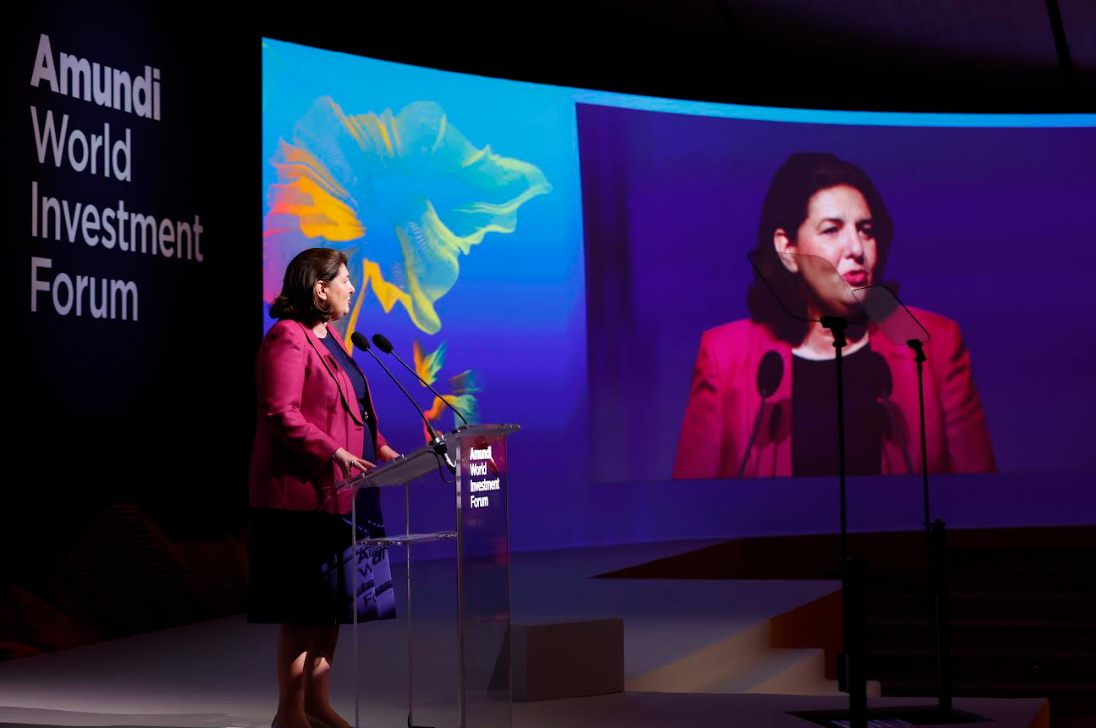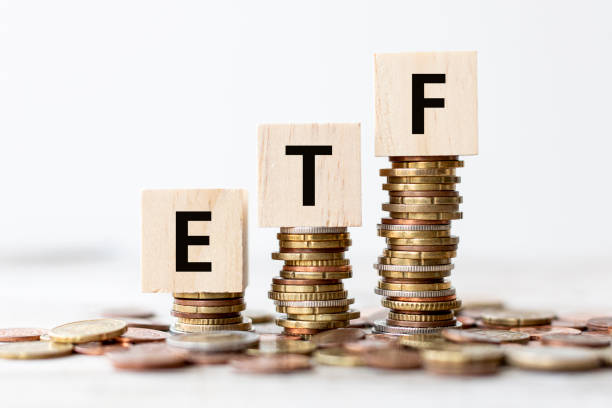Amundi Shares Key Insights from the 2024 Edition of its Global Forum, Amundi World Investment Forum. The event featured in-depth discussions on geopolitical issues, economic transformation, major global macroeconomic trends, and their implications for investment.
In her opening speech, Valérie Baudson, CEO of Amundi, shared her convictions about the state of the world: “The economic outlook is improving, with global GDP growth around 3% in 2024 and 2025. Meanwhile, history and geopolitics are back in focus, with energy transition and technological innovations at the center of geopolitical tensions, as they condition nations’ ability to maintain or gain power.”
The firm shared several key conclusions. The first is that major political and economic changes threaten long-standing trade and security alliances. According to the firm’s perspective, global politics affecting economies was a prominent theme among the speakers. Sanna Marin, Prime Minister of Finland (2019-2023), focused her talk on the current conflict in Europe, stating, “A major game is being played between democracies and authoritarian regimes. What is happening in Ukraine will define the future of democracy.” She urged Europe and NATO to offer “broader perspectives” and reminded that “geopolitics is not the only threat facing humanity; climate change and biodiversity loss are also critical.”
Adam S. Posen, President of the Peterson Institute for International Economics, predicted, “Markets will push interest rates up in the coming years.” Ricardo Reis, A.W. Phillips Professor of Economics at the London School of Economics, explained public debt movements by three factors: “The large current account deficits of China and the rest of Asia caused a significant capital flow into Europe and the United States, investment stagnation due to very few opportunities in the 2010s, and the perception of government bonds as very safe with little inflation risk. Today, all three factors have reversed.”
Additionally, Keyu Jin, Professor of Economics at the London School of Economics, estimated that “the three fastest-growing economies in the coming years will be in Asia: China, India, and Indonesia,” and spoke about “the need for convergence” in the region: “China has room to converge with richer countries, and India also has enormous room to converge with China.”
Gordon Brown, Prime Minister of the United Kingdom (2007-2010) and Chancellor of the Exchequer (1997-2007), concluded the first day of debates with a message of hope, stating, “Even in the most difficult circumstances, even when things are very dark, we must keep hope alive. There are still signs of hope in this global economy that we must build upon, as Mandela said, ‘building for the future.’”
Sustainability, Technology, and Demography
The decarbonization of economies was a major focus. Dinesh Kumar Khara, Chairman of the State Bank of India, highlighted the “immense” potential of his country: “We are now embarking on green energy, which is being adopted significantly.”
Two case studies were presented: Chee Hao Lam, Chief Representative of the Monetary Authority of Singapore at the London Office, discussed how Singapore articulates public policy and mobilizes investors to finance the energy transition. Dr. Kevin K. Kariuki, Vice President of Power, Climate, and Green Growth at the African Development Bank Group, spoke about financing green energy infrastructure in a continent that “needs $25 billion annually to achieve universal access to modern energy by 2030.”
The firm also reflected on how the rapid acceleration of technological development has created new opportunities and pressures. Maurice Levy, Chairman Emeritus of Publicis Group, opened the second day’s debate with a focus on the rise of generative artificial intelligence. In his view, “On one hand, people think AI is probably the dream of tomorrow, which will change lives, especially for companies, their productivity, and profitability. At the same time, there is fear of job cuts and replacement, but most importantly, we need to address the implications regarding the use of deepfakes in democracy.”
Daron Acemoğlu, Professor at the MIT Institute, stated, “The key decision for CEOs will be how to use AI with workers, with human resources: whether they see workers as a cost to be cut or as an important resource that will contribute to their company’s success.” Aurélie Jean, Ph.D. and Computational Scientist, entrepreneur, and author, complemented this statement: “AI does not sufficiently protect workers. Technology owners, developers, scientists, and engineers have a responsibility to provide users with the correct information; they must protect while also fostering innovation.”
Experts remind us that financial services are at the heart of the AI revolution. “There is a huge opportunity to turn European savers into future European investors, and if AI can help with that, it will contribute to a better society,” said Dr. Kay Swinburne, Baroness of Swinburne.
Finally, the firm believes that demographic change is influencing many aspects of our lives. Mauro Guillén, Professor of Management and Vice Dean at the Wharton School, stated, “The key question is how to ride the wave of demographic transformations. India will soon have the largest consumer market in the world due to its younger population, although China will have the largest economy.” Demographics will impact investment trends, as “most of the world’s wealth, between 60% and 80% depending on the country, belongs to people over 60 years old.” Hence the need for “investment platforms to be safe, educational about risks and opportunities, and accessible” for all.



